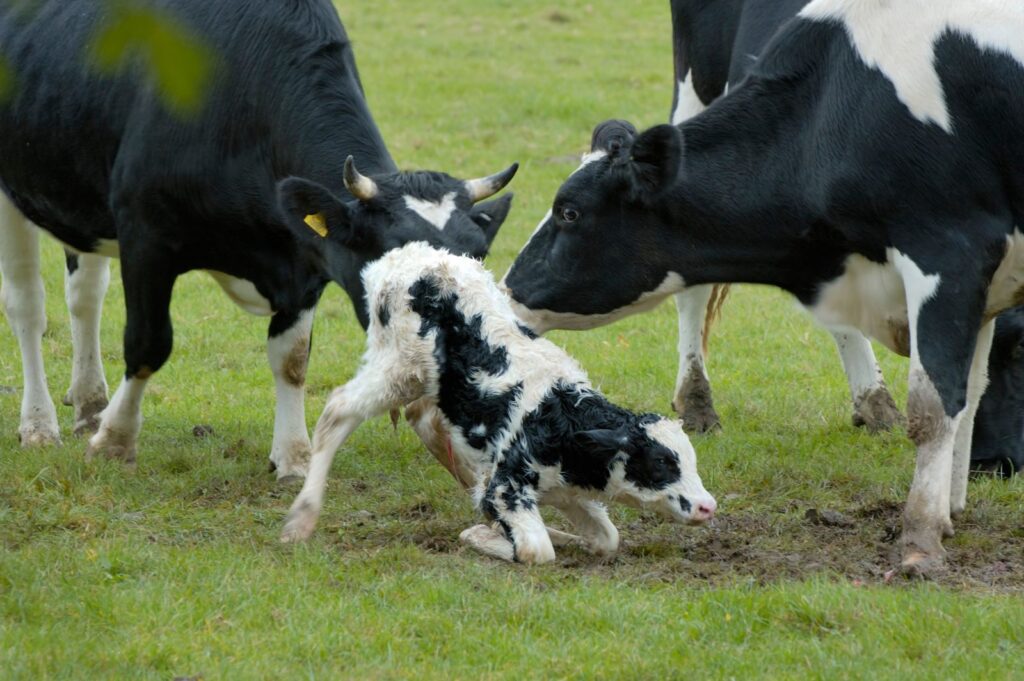Investigate unexplained reproductive loss in livestock
30th March 2023
Farmers are being encouraged to take a proactive approach when dealing with sudden reproductive loss in livestock and investigate cases to help identify any potential health risks to their herd or flock.
According to Ruminant Health and Welfare (RH&W) chair Nigel Miller, not enough farmers are reporting and investigating unexplained reproductive losses in their livestock despite veterinary surveillance being vital to identifying disease threats on farms.
“Abortion investigations are a powerful tool which enable the early detection and management of new or re-emerging conditions on farm; at national level abortion investigation data identifies risks and maps their impact.
“This valuable information provides veterinarians and livestock mangers with flock or herd risk management priorities and help to identify where steps can be taken, “Mr Miller explained.
While many farmers may be deterred from investigating abortions and stillbirths due to a lack of nearby laboratory facilities, there are now abortion sampling kits are available that make submitting samples relatively easy. This option is especially convenient when transporting the foetus and placenta to the investigation centre is not practical.
Mr Miller continued: “Both farm vets and veterinary laboratories provide guidance on the submission and sampling of aborted material with both the Animal and Plant Health Agency (APHA) and SRUC providing user-friendly kits for sampling, to make the submission of quality material easier.
“The obligation to report cow abortions is a core part of the Brucella monitoring system which underpins the free status of the national herd. However, as a rule of thumb, all farmers experiencing abortion levels above 2% in their herd or flock, or three or more cases, should seek a full veterinary investigation,” he added.
The process involves investigation of the aborted material and placenta, as well as blood testing of the affected animals if required. In sheep, high quality samples are crucial and can underpin good diagnostic rates, Mr Miller explained, while diagnostic rates in cattle can be disappointing due to a wide range of abortion risks.
However, farmers should keep in mind that not getting a diagnosis also carries useful information. The systematic abortion investigation approaches used in laboratories is just as much about ruling out conditions as attempting to bolt down a firm diagnosis.
In the event that no firm diagnosis is reached, a list of conditions which have been ruled out can be provided and is referred to as the ‘negative list’. This list often includes conditions that are of real concern to the health of the herd or flock.
Vets can help farmers gain value from investigation reports and, where appropriate, highlight features of the negative list which are significant.
Colin Mason, British Cattle Veterinary Association president and RH&W steering group member, remarked: “Farmers should not underestimate the benefit of investigating all abortions as unexplained events and potential indicators in changes to group health status.”
Farmers who experience an abortion or stillbirth in their cattle or sheep are advised to speak to their vet and consider contacting APHA or SRUC about carrying out an investigation.

